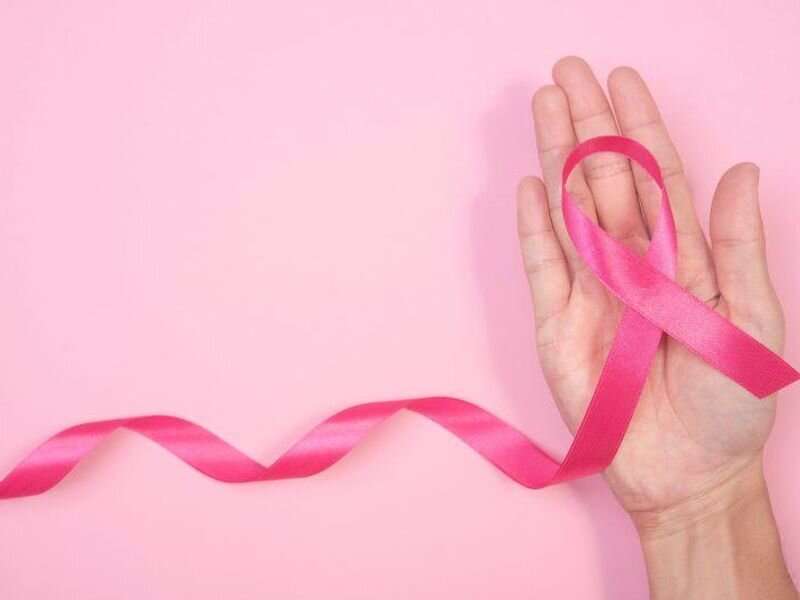Breast cancer-specific survival is shorter in women from disadvantaged neighborhoods versus advantaged neighborhoods, according to a study published online April 21 in JAMA Network Open.
Neha Goel, M.D., from University of Miami Miller School of Medicine, and colleagues investigated neighborhood socioeconomic status and breast cancer-specific survival among a majority-minority population. The analysis included 5,027 women with stage I to IV breast cancer treated at a National Cancer Institute-designated cancer center and sister safety-net hospital (Jan. 10, 2007, to Sept. 9, 2016) with a mean follow-up time of 60.3 months.
The researchers found that women living in the most disadvantaged neighborhoods (tertile 3) had shorter breast cancer-specific survival versus those living in the most advantaged neighborhoods (tertile 1) when controlling for individual-level sociodemographic, comorbidity, breast cancer risk factor, access to care, tumor, and National Comprehensive Cancer Network guideline-concordant treatment characteristics (hazard ratio, 1.29).
"The findings of this study suggest unaccounted mechanisms associated with breast cancer-specific survival, such as unmeasured social and access to care barriers, and lays the foundation for future research evaluating whether neighborhood disadvantage leads to more aggressive tumor biologic factors through the accumulation of social and environmental stressors," the authors write.
Two authors disclosed financial ties to Blue Note Therapeutics, a prescription digital therapeutics company; one author disclosed ties to the pharmaceutical industry.
More information: Neha Goel et al, Neighborhood Disadvantage and Breast Cancer–Specific Survival, JAMA Network Open (2023). DOI: 10.1001/jamanetworkopen.2023.8908
Journal information: JAMA Network Open
Copyright © 2023 HealthDay. All rights reserved.
























